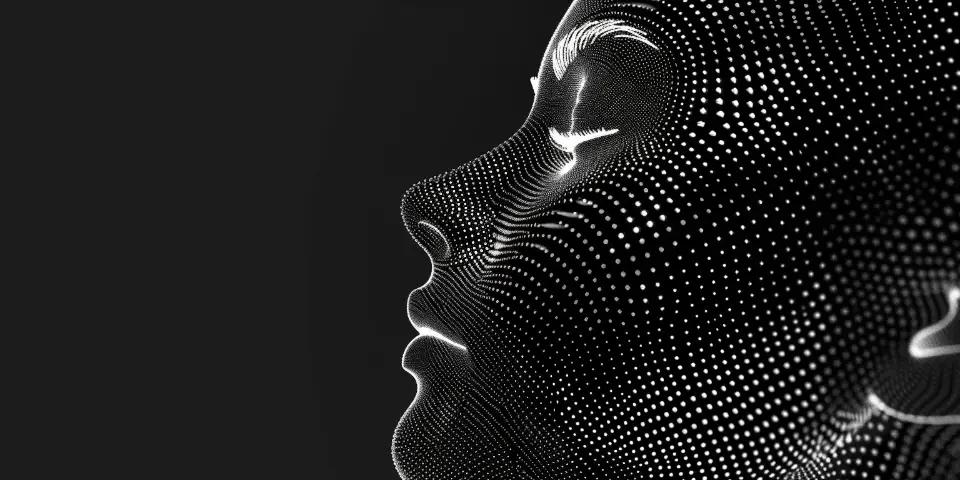Smart Homes Powered by AI Revolutionizing the Way We Live
With the rapid advancement of technology, smart homes powered by artificial intelligence (AI) are becoming increasingly popular. These homes are equipped with intelligent systems and automated devices that can enhance our living experiences in numerous ways. From increased security to energy efficiency, AI-powered smart homes are revolutionizing the way we live. In this article, we will explore some key aspects of this revolution.
1. Enhanced Security through AI Surveillance Systems
One of the most significant benefits of AI-powered smart homes is enhanced security. AI surveillance systems utilize advanced algorithms and machine learning techniques to detect and analyze suspicious activities, ensuring the safety of your home. These systems can automatically notify the homeowner and even alert the authorities if any security breaches are detected.

Furthermore, AI-powered facial recognition technology adds an extra layer of security by allowing only authorized individuals to access the premises. It can differentiate between known individuals and potential intruders, providing an effective deterrent against unauthorized access.
2. Personalized Home Automation for Increased Comfort
AI-powered smart homes offer a new level of personalized home automation, which can greatly enhance our comfort and convenience. Through voice commands or smartphone applications, homeowners have the ability to control various aspects of their homes, such as temperature, lighting, and entertainment systems.
For instance, by integrating AI-powered thermostats, homeowners can customize and optimize their home heating and cooling systems based on their preferences. These smart thermostats can learn the residents' behavior patterns and adjust the temperature accordingly, saving energy and reducing utility costs.
3. Energy Efficiency and Sustainability
AI-powered smart homes contribute to a more sustainable future by promoting energy efficiency. These homes utilize sensors and AI algorithms to automatically adjust energy consumption based on factors like occupancy and weather conditions.
For example, AI-powered lighting systems can detect when a room is unoccupied and automatically turn off the lights. Additionally, smart energy management systems can optimize the usage of appliances and devices to reduce electricity wastage.
4. Streamlined Household Chores with AI Assistants
AI-powered virtual assistants, such as Amazon's Alexa or Google Assistant, have become an integral part of many smart homes. These AI assistants can perform various tasks, making our lives easier and more convenient.
For instance, they can create shopping lists, set reminders, answer questions, and even control other smart devices in the house. By simply using voice commands, homeowners can delegate tasks like turning on the washing machine or ordering groceries, saving both time and effort.
5. Improved Health and Well-being
AI-powered smart homes can significantly contribute to improving our health and well-being. For example, smart health monitoring devices can continuously track vital signs, detect anomalies, and alert healthcare professionals in case of emergencies.
Furthermore, AI-powered lighting systems can simulate natural lighting conditions, which have been proven to enhance mood, productivity, and overall well-being. The ability to customize and adjust the lighting throughout the day can enable a more comfortable and productive living environment.
6. Integration of Smart Home Devices
AI-powered smart homes allow for seamless integration between different devices and systems within the house. Through a centralized control hub, homeowners can manage and control various smart devices, such as security cameras, thermostats, and entertainment systems.
The integration of these devices enables automation and synchronization, allowing for a more cohesive and efficient living experience. For example, when the security system detects motion, it can automatically turn on the lights and send a notification to the homeowner's smartphone.
7. Challenges and Concerns
While AI-powered smart homes bring numerous benefits, they also come with challenges and concerns. Some individuals may worry about privacy and data security, as these systems collect and analyze personal information. It is essential to choose reputable brands and ensure that proper security measures are in place to protect sensitive data.
Another concern is the potential reliance on these systems, leading to decreased human interaction and reliance on technology for daily tasks. Balancing the convenience of AI-powered smart homes with the need for human interaction is crucial to maintaining social connections and mental well-being.
